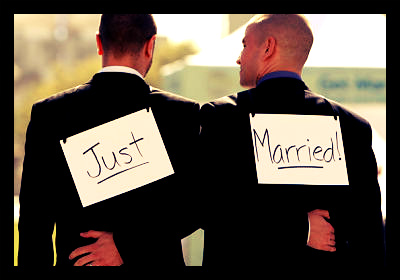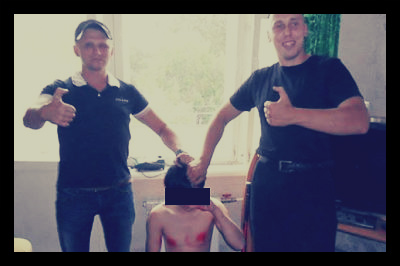
LGBT groups continue to face discrimination in the Philippines, and gay rights are currently a hot topic in the country.
The Philippines is a predominately Catholic country, and even though there has been an attempt for gay rights in the past, sexual harassment is a major issue.
LGBT protection against workplace discrimination, or any other form of discrimination, is being discussed in the Philippines, with the goal of promoting an honest understanding of what these people face in terms of work, marriage, adoption and health care.
In the Philippines, same-sex marriage is illegal and therefore same-sex couples cannot adopt. Over the past few years new laws were extended to protect against discrimination, but the struggle for recognition of gay rights remains.
Hate crimes, particularly against transgender people, are still a large problem. Likewise, limited employment for people who identify as LGBT remains a major issue. Many members of the LGBT community in the Philippines feel that their physical and mental development has been affected through discrimination while in the workplace.
Legislative laws are up for discussion to help prevent violent hate crimes against the transgender community.
Many members of the LGBT community also feel emotional abuse while attending school. Some younger members want to get through school without being noticed, in fear of being discriminated against or physically attacked.
Many transgender women experienced sexual violence and rape after coming out as transgender in school.
At times, law enforcement officers refuse to help members of the LGBT community, especially as many officers are not properly trained to handle these matters and thus the problems can go unresolved or reoccur.
LGBT members of the Philippines hope for a future with gay-friendly businesses so that there can be equal opportunity for all. Furthermore, they hope for more representation in politics, proper training for police officers and an end to hate crimes toward their community.
The fight against these issues must begin in the school systems and beyond. These LGBT groups are growing up in fear and being rejected from society, and the emotional and mental toll must be stopped.
– Rachel Cannon
Sources: IGLHRC, The Wall Street Journal
Photo: Radio Australia




